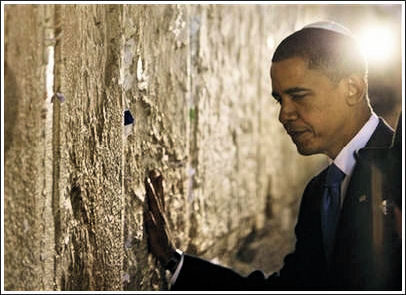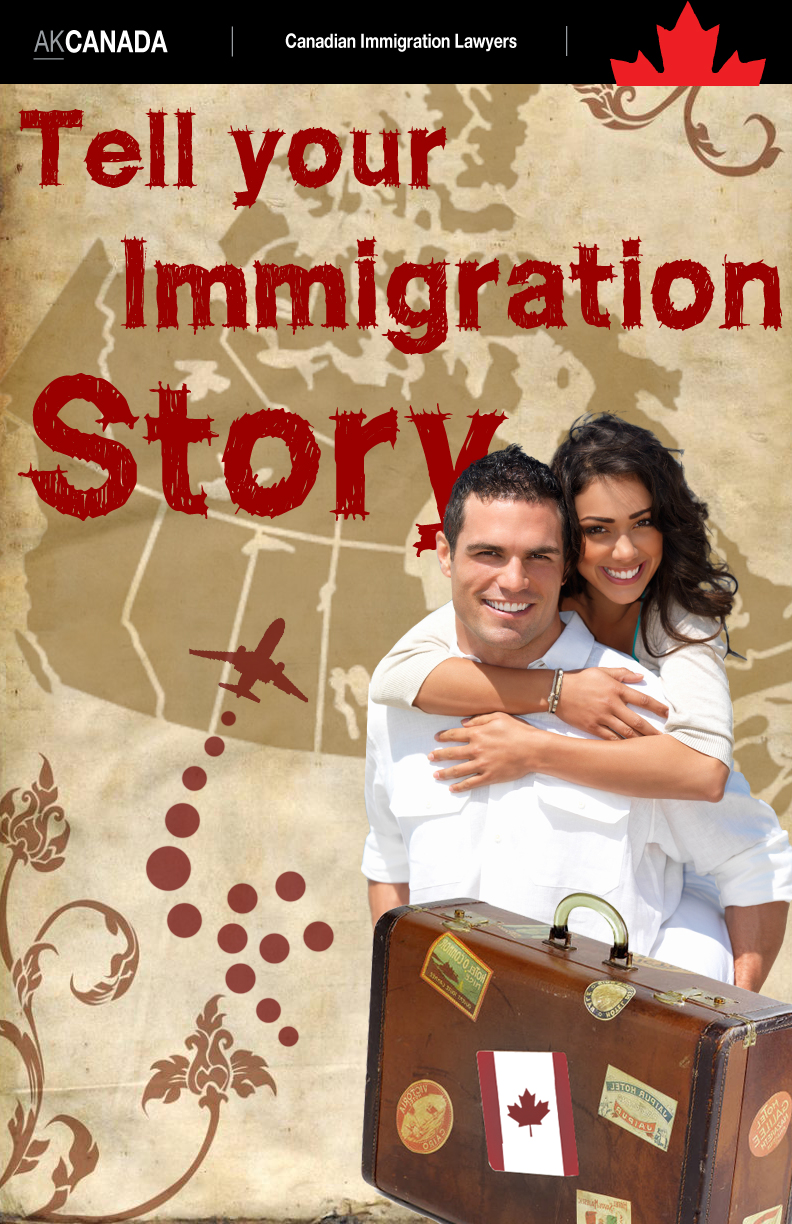Toronto race puts neighbourhoods first

A marathon doesn’t just smell like a convention of old sneakers.
The real treat for the nostrils comes from the communities the marathon winds through – and no city is richer for the nose than Toronto, says Alan Brookes, director of the Scotiabank Toronto Waterfront Marathon.
“Big-city marathons have to be part of the community, part of what defines the city,” Brookes says.
On Sunday, the 20th renewal of the race defines Canada’s largest city by trekking through the scents and sounds of scores of neighbourhoods and ethnic enclaves, in addition to taking over the water’s edge.
“There will be almost 20,000 people involved in this year’s runs – including the 5K and half marathon,” Brookes said in an interview.
The race is gaining in favour – and flavour – and overcoming the city’s reputation as a town that is not friendly to marathons. Drivers sneer at the inconvenience of road blockages. Little by little, Brookes says, Torontonians are being won over and so are runners.
The big draw is the course, which begins and ends at City Hall and basically follows the Lake Ontario shoreline. It has a reputation for being flat and fast. This year, to alleviate the tedium of the asphalt, there will be bands and cultural performances every two kilometres, from Ukrainian and Cossack dancers, to a Chinese Lion dance, to Indian bhangra to Latin American drummers. There are no fewer than 17 stations for first aid and water – and portable toilet facilities.
The big change this fall is that there will no longer be a lonely stretch out and back across the Leslie Spit, Brookes notes. Instead of that “windblown wasteland” part of the run, there will be more running along Toronto’s eastern beach neighbourhoods, and the marathon course will steer the runners through the Cabbagetown, Distillery and St. Lawrence Market districts.
“What defines T.O.? Our ethnic neighbourhoods, being a Waterfront-Great Lakes city, plus events like Caribana, the international film festival, the arts festival Luminato, and this marathon,” Brookes said. “… We’re not there yet, but we’re getting there as an emerging, small, world-class city. There will be a new course through key neighbourhoods, community challenges, and a charity challenge.”
The field will include runners of both the elite and everyman classes. Defending champion Kenneth Mungara will return to Toronto. He edged fellow Kenyan Peter Kiprotich to take the 2008 title in 2 hours 11 minutes 1 second. He then went on to post a personal best time of 2:10:29 at the Prague Marathon in May.
Mulu Seboka of Ethiopia, women’s defending champion, set a women’s course record last fall at 2:29:06. An aggressive front-runner, Seboka finished second in Prague in May in a time of 2:30:39. She’ll be challenged by Lioudmila Kortchaguina, the 38-year-old three-time winner of the Ottawa Marathon who can reliably break the 2:30 barrier.
Winners get $20,000 in victory earnings but the purse is bonus-oriented – Canadian records, for instance, offer $25,000 for the breaking of Jerome Drayton’s 2:10:09 for men or Silvia Reugger’s 2:28:36 for women. An all-comer’s mark as the fastest time on Canadian soil (below 2:09:30 for men or 2:29.06 for women) offers an additional $20,000. There are also course-record prizes and age group prizes.
Maps are a list of road closures are available at the race’s website, torontowaterfrontmarathon.com. The marathon and half-marathon begin at 7:30 a.m. (EDT) at Toronto’s Nathan Phillips Square outside City Hall. The five-kilometre race begins at 10:20 a.m. at Exhibition Place. The finish for all the races is at City Hall.
“We’re making a name as the place where runners come to get fast times and their confidence to step up to the big leagues,” Brookes said.
Socialize with Abrams & Krochak
AKCanada – http://www.akcanada.com
Facebook – http://www.facebook.comAKCanada
YouTube – http://www.youtube.com/abramskrochak
Twitter- http://www.twitter.com/abramskrochak
Expected U.S. ambassador to Canada has Obama's ear

In a possible indication of the easygoing and friendly relationship between Canada and the United States, the nominee for U.S. ambassador to Canada answered questions on Wednesday from a single U.S. senator who turned up at his confirmation hearing in Washington. The hearing room has seating for 21 senators.
U.S. President Barack Obama’s nominee, David Jacobson, told Democratic Senator Ted Kaufman from Delaware in an unusually low-key one-on-one hearing, that after trade and commerce, he expects energy, the environment and border issues to constitute the bulk of his work, should he be confirmed.
Jacobson gave a long list of areas of critical importance to the U.S., noting that contrary to the beliefs of many Americans, Canada is the country’s biggest energy supplier. He also praised Canada’s efforts in Afghanistan, calling the deaths of 127 Canadian soldiers in the war “an amazing commitment.”
Jacobson also spoke about the ability of Canada’s banks to weather the global economic crisis better than their American counterparts because of more conservative lending practices, adding “perhaps it’s something we can learn from.”
The nominee is a married father of two college-aged children, one of whom may consider studying at McGill University in Montreal, he said. Like most of his predecessors, he does not speak French, but said his wife speaks a little.
Jacobson’s experience in Canada comes mostly from vacations. Recently, he’s spent time at a friend’s home at Mt. Tremblant, Que., 130 kilometres northwest of Montreal, and in his opening statement, he spoke fondly of a childhood trip to Niagara Falls.
When asked about how he would handle winters in Ottawa, he said, “Hey, I’m from Chicago,” referring to the Windy City’s icy reputation.
The 57-year-old litigator has been working at the White House since January as a special assistant in the Office of Presidential Personnel.
Socialize with Abrams & Krochak
AKCanada – http://www.akcanada.com
Facebook – http://www.facebook.comAKCanada
YouTube – http://www.youtube.com/abramskrochak
Twitter- http://www.twitter.com/abramskrochak
kingdomofyahweh.net/ images/obama-Jerusalem.jpg
TELL US YOUR IMMIGRATION STORY —-WHAT DO YOU SEE, FOR YOU, AND/ OR YOUR FAMILY IN CANADA
Please share your comments with us, and if you have a favorite story or you would like to participate in the Tell Us Your Immigration Story Contest,
please send your story to askus@akcanada.com
Remember the cutoff date to enter the “Tell Us Your Immigration Story Contest” is September 30, 2009
Thank you and GOOD LUCK to all of you.
http://www.facebook.com/AKCanada#/event.php?eid=110668361938
—————————————————————–
Firstly, Canada has a lot of abundant resources, these enormous resources most of which are yet to be fully exploited. They include Minerals, Agricultural and Human resources, of course yes! It is an eye opener for the immigrants who have the mind set to invest money or bring skills that will facilitate more discoveries of what to produce from these abundant resources to increase Canada per capital income or standard of living.
Also Canada has a large market with a population of about 33.7 Million people. The Canadian market potentially also stretches into the growing provinces and sub-region. The benefit of this large market is an offer no one will reject as this widens ones scope in terms of diversification.
Another opportunity which I see in Canada is a political stability, any nation with stability in their political systems is bound to grow sporadically, immigrant to Canada will enjoy stable business environment which will culminate into maximum productivity and greater return from all and sundry.
Furthermore, Canada has a free market economy. The government of Canada has created a favorable climate for business and industrial ventures. Administrative and bureaucratic procedures have been greatly streamlined. The government has put in place policies and programmes that guarantee a free market economy.
Also robust private sector is another opportunity in Canada. The country has a dynamic private sector, which has assumed greater responsibilities under the Canada new economic environment. This enables immigrants an opportunity showcasing his/her skills in this field.
Likewise free flow of investment is another opportunity. Exchange control regulations ave been liberalized to ensure free flow of international finance. There is now unrestricted movement of investment capital.
Moreover, fast growing financial sector, there is a well developed banking and financial sector. The investor has easy access to working capital and other credit facilities and this of course is an opportunity for the immigrant to benefit.
In addition, Canada offers opportunity for skilled and unskilled labor, there is an abundant of skilled Labor at an economic cost, resulting in production costs, which are among the lowest in Canada. Also a comprehensive package of incentives, has been put in place to attract investment.
Lastly, infrastructural development is another opportunity that attract immigrant. Rapid development of physical and industrial infrastructure, in terms of transportation, communication, electricity and water supply will go a long way promoting maximum opportunity for immigrant to invest.
In conclusion, these highlighted points will give me and my family the best opportunity of achieving our various and collective goals in life and also prepare us with enough tools for other life challenges to come.

Afghan interpreters have high hopes for federal relocation plan
Afghan interpreters say they are overjoyed to hear Ottawa is fast-tracking immigration for Afghan translators who have worked for the army and other federal agencies. Immigration Minister Jason Kenney made the long-anticipated announcement last week, saying there are Afghans who face “extraordinary personal risk” in support of Canada’s mission in Kandahar. One interpreter who goes by the name Robert says he lives in fear that a knock on the door or a late night phone call will mean he has been found out by the Taliban. He says there are hundreds of Afghan workers who come to Kandahar Airfield each day and many are looking to identify those who are helping NATO. The Afghans will not be considered refugees, but special immigrants who fall through the cracks of current law.
Socialize with Abrams & Krochak
AKCanada – http://www.akcanada.com
Facebook – http://www.facebook.comAKCanada
YouTube – http://www.youtube.com/abramskrochak
Twitter- http://www.twitter.com/abramskrochak
Archives
- January 2024
- November 2023
- July 2023
- June 2023
- May 2023
- January 2023
- November 2022
- April 2022
- March 2022
- February 2022
- October 2021
- June 2021
- April 2021
- October 2020
- September 2020
- June 2020
- May 2020
- April 2020
- March 2020
- December 2019
- January 2019
- December 2018
- November 2018
- August 2018
- June 2018
- April 2018
- January 2018
- December 2017
- November 2017
- April 2017
- January 2017
- December 2016
- November 2016
- October 2016
- September 2016
- August 2016
- August 2015
- January 2015
- December 2014
- November 2014
- June 2014
- April 2014
- March 2014
- February 2014
- December 2013
- May 2013
- April 2013
- January 2013
- December 2012
- August 2012
- June 2012
- March 2012
- January 2012
- September 2011
- August 2011
- July 2011
- June 2011
- February 2011
- January 2011
- December 2010
- November 2010
- September 2010
- August 2010
- July 2010
- June 2010
- May 2010
- April 2010
- March 2010
- February 2010
- January 2010
- December 2009
- November 2009
- October 2009
- September 2009
- August 2009
- August 2008
- July 2008
- June 2008
- May 2008
- April 2008
- March 2008
- February 2008
- January 2008
